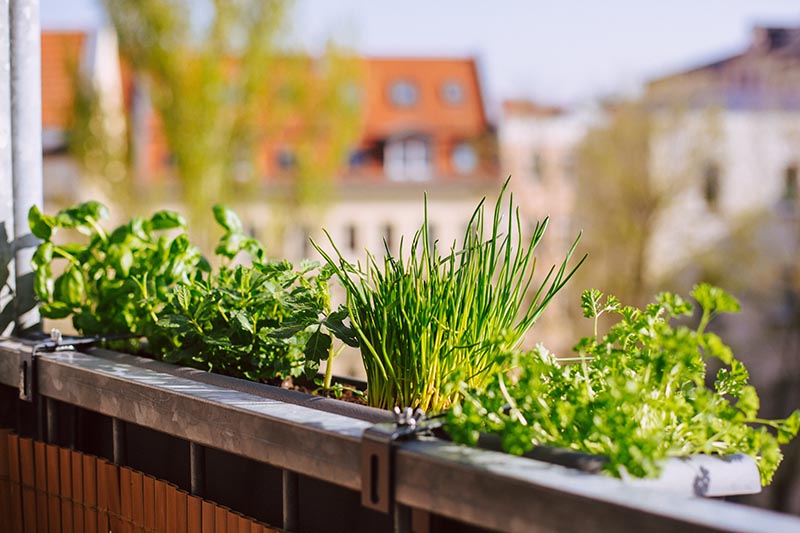
Herb Haven: Window Planters for Fresh Flavors
Creating a herb haven with window planters not only adds a touch of greenery to your living space but also provides a convenient and accessible source of fresh herbs for your culinary adventures. Explore the benefits, tips, and herb choices for setting up delightful window planters.
Bringing Nature Indoors
Window planters offer a simple yet effective way to bring nature indoors. Placing them on windowsills allows you to enjoy the beauty of herbs while incorporating functional greenery into your home. Herbs in window planters not only enhance the visual appeal but also contribute to a healthier indoor environment.
Choosing the Right Window Planters
Selecting the right window planters is crucial for successful herb cultivation. Consider the size of your windowsill, the amount of sunlight it receives, and the style that complements your home decor. Choose planters with proper drainage to prevent overwatering and ensure the health of your herbs.
Optimal Herbs for Window Planters
Certain herbs thrive in window planters, making them ideal choices for your indoor herb garden. Basil, mint, thyme, rosemary, and parsley are excellent options. These herbs not only adapt well to container gardening but also provide a diverse range of flavors to elevate your culinary creations.
Sunlight Requirements for Herbs
Herbs generally require ample sunlight for robust growth and flavorful leaves. Place your window planters on south-facing windowsills where they can receive at least 6-8 hours of sunlight daily. If sunlight is limited, consider supplementing with artificial grow lights to support herb development.
Soil and Watering Considerations
Use high-quality potting soil for your window planters to provide essential nutrients for herb growth. Ensure proper drainage by adding pebbles or gravel at the bottom of the planter. Water the herbs when the top inch of soil feels dry, and be cautious not to overwater, as herbs dislike soggy conditions.
Creating a Culinary Herb Collection
Window planters offer the perfect opportunity to cultivate a diverse culinary herb collection. Tailor your choices to herbs commonly used in your favorite recipes. Experiment with combinations like basil and oregano or create themed planters, such as a Mediterranean herb garden or a selection of herbs for tea.
Herb Care and Pruning
Regular care and pruning are essential for maintaining the health and productivity of your window herbs. Pinch back the tips of the herbs to encourage bushier growth and prevent them from becoming leggy. Harvest leaves regularly to promote continuous growth and to enjoy fresh flavors in your dishes.
Decorative Window Planter Ideas
Enhance the aesthetic appeal of your window planters by getting creative with their design. Use decorative pots, choose complementary colors, or arrange multiple planters for a visually appealing display. Window planters can become a stylish addition to your home, blending functionality with decor.
Year-Round Herb Enjoyment
One of the advantages of window planters is the potential for year-round herb enjoyment. Even in colder climates, indoor herbs can thrive if provided with adequate sunlight and temperature control. Extend the growing season and savor fresh herbs regardless of outdoor conditions.
Explore Window Planters for Herbs Today
To embark on your journey of creating a herb haven with window planters, visit Window Planters for Herbs. Discover a variety of planter options, herb choices, and tips for successful herb cultivation. Transform your windowsills into flourishing herb gardens and elevate your culinary experiences with the freshness of homegrown herbs.
In conclusion, window planters for herbs offer a delightful way to incorporate greenery into your living space while providing a constant supply of fresh flavors for your kitchen. Whether you’re a seasoned gardener or a novice, cultivating herbs in window planters is a rewarding and accessible endeavor. Embrace the joy of herb gardening and savor the convenience of having your favorite flavors at arm’s reach.
